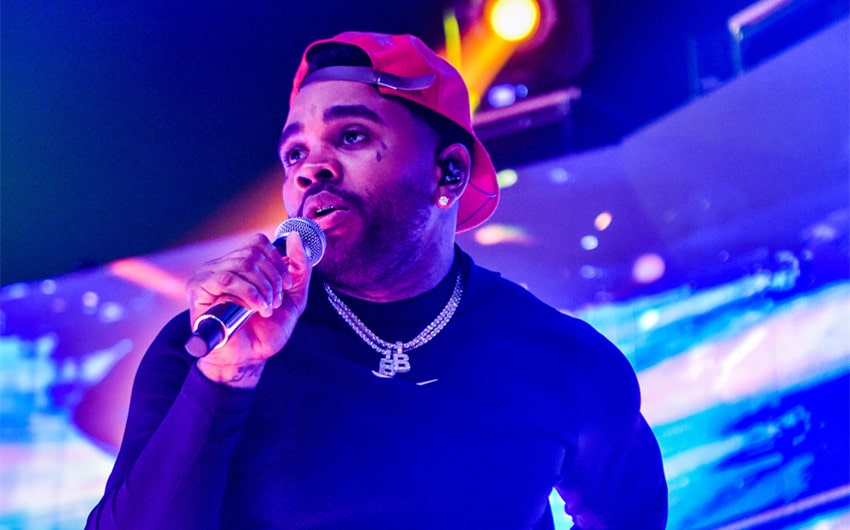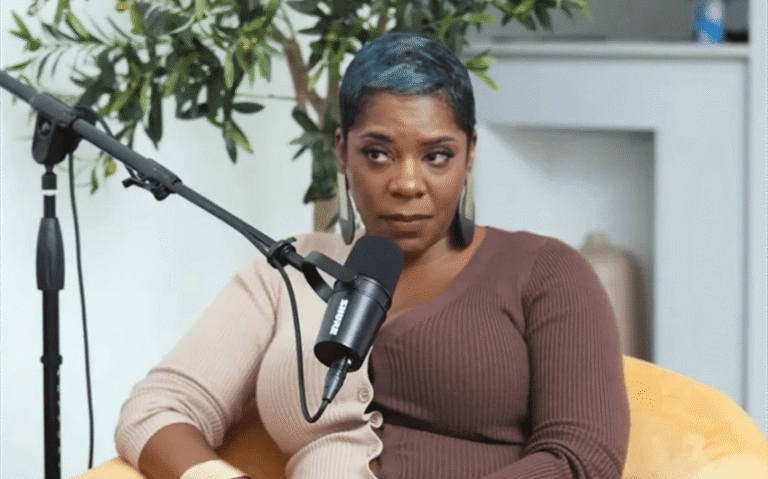Rapper Kevin Gates’ Net Worth: From Pain and Prison to Platinum Success
When you think about rapper Kevin Gates’ net worth, it’s easy to reduce it to music sales and streaming royalties. But if you look closer, you’ll see a story of redemption, grit, and survival. His wealth wasn’t handed to him through viral fame or overnight success—it was built in the shadows, through prison stints, street-level setbacks, and a raw, emotional sound that connected with millions. Kevin Gates didn’t just make money. He built a movement—and he made you feel like part of it.
Who Is Kevin Gates and Where Did It All Begin?
You might know Kevin Gates for his hits, his tattoos, or his interviews that swing between street wisdom and deep introspection. But before the spotlight, he was just Kevin Jerome Gilyard, born in Baton Rouge, Louisiana, in 1986. Life came hard and fast for him. He was arrested for the first time at age 13 and would spend multiple stretches behind bars throughout his youth and early adulthood.
Yet, even amid chaos, he found a voice. Music became more than expression—it was survival. Influenced by Southern rap legends and anchored in deeply personal stories, Gates started releasing mixtapes in the mid-2000s, slowly carving out a name in the Louisiana underground. His early work wasn’t polished, but it was powerful. You could hear the pain, the struggle, the hunger. He wasn’t trying to be flashy—he was just being real.
By the time he dropped The Luca Brasi Story in 2013, Kevin Gates wasn’t just a local legend anymore. He had grown into a national figure. Critics praised his vulnerability, fans memorized his lyrics, and labels began circling. But Gates wasn’t just looking for a deal—he was building leverage.
Breakthrough Albums and the Music That Made Him Millions
The mixtapes laid the foundation, but the breakthrough came when Gates signed with Atlantic Records and released his debut studio album, Islah, in 2016. The album—named after his daughter—was a commercial and critical success. It debuted at number two on the Billboard 200, sold over 110,000 units in its first week, and went on to achieve platinum certification.
What made Islah different was that it didn’t sound like anything else at the time. While other artists were chasing trends, Gates leaned into emotional honesty. He rapped about depression, betrayal, love, fatherhood, violence, and vulnerability—all in the same verse. Songs like “2 Phones” and “Really Really” became street anthems, radio hits, and playlist staples. And they made him a lot of money.
But Gates didn’t stop there. He kept releasing music at a furious pace—albums like By Any Means, I’m Him, and Khaza helped him maintain relevance and a loyal fanbase. He also mastered the mixtape-to-monetization pipeline. Every drop fed into streaming platforms, tour ticket sales, and merchandise purchases.
His catalog, now consisting of dozens of projects, brings in consistent royalties. And in a world where artists often burn out or fade quickly, Kevin Gates has built something that lasts. You can’t ignore the fact that staying power equals wealth.
Legal Issues and Their Impact on His Finances
Kevin Gates’ net worth could likely be higher today if not for his ongoing legal troubles over the years. His career has been interrupted by multiple jail sentences, some of which occurred at the height of his momentum. In 2016, not long after Islah exploded, Gates was sentenced to 180 days in jail for an onstage incident involving a female fan. Just as he was set to be released, an outstanding weapons charge from years earlier surfaced, resulting in another 30-month sentence.
You’d think those back-to-back sentences would crush a career—but not Gates. Instead, they deepened his legend. Fans didn’t forget him. If anything, they waited for him, respected him more, and leaned harder into his music. His incarceration became part of the narrative. He wasn’t just rapping about the system—he was in it.
From a financial standpoint, those periods certainly cost him opportunities. Tours were canceled, press was missed, and momentum slowed. But on the flip side, they also solidified his street credibility and added a raw edge to his public persona. In a genre that thrives on authenticity, Gates’ legal past—however painful—made him even more relatable to a core fan base. And when he came back, his music streamed harder than ever.
Business Moves Beyond the Mic
Kevin Gates’ net worth isn’t just about album sales and streaming checks. He’s been strategic in building a business infrastructure around his music. At the center of that is Bread Winners’ Association (BWA), a record label he founded early in his career with his wife, Dreka Gates.
BWA gave him creative control, independent revenue, and a platform to sign and support other artists. While Gates later partnered with Atlantic Records for distribution, he maintained a level of autonomy that many artists never achieve. That independence translates into higher payouts per stream, more control over masters, and better negotiation power across the board.
Merchandise is another major income stream. Gates has consistently leveraged his brand through clothing drops, accessories, and custom designs linked to his albums. He also built a strong direct-to-fan marketing strategy, ensuring that everything—from preorders to bundles—fed back into his personal ecosystem.
It’s also been rumored that Gates has invested in real estate and other private ventures, though he keeps those details fairly low-key. In interviews, he’s hinted at expanding his interests beyond music, talking about spirituality, fitness, and even farming. You can expect that over time, his financial portfolio will continue to grow in ways that are aligned with his personal values.
Kevin Gates’ Net Worth: The Real Numbers and Revenue Streams
So how much is Kevin Gates worth today? Most sources estimate his net worth to be somewhere between $1 million and $3 million. That number might surprise you, considering his fame, streaming stats, and the sheer volume of his work. But keep in mind that Gates has remained largely independent, has had multiple career interruptions due to legal issues, and doesn’t engage in the same mainstream endorsement deals that inflate other celebrities’ numbers.
That said, the estimate could be conservative. Gates owns much of his own music, runs his own label, and earns significant income from touring, streaming, and merchandise. His YouTube channel alone has racked up billions of views, generating strong ad revenue. On Spotify, he has millions of monthly listeners. Those numbers translate into recurring income.
If he continues on this path—especially with more mainstream media appearances, brand collaborations, or investments—his net worth could climb significantly over the next few years. But even now, what he’s built is impressive. Especially when you consider that he started with nothing but a mixtape and a dream.







